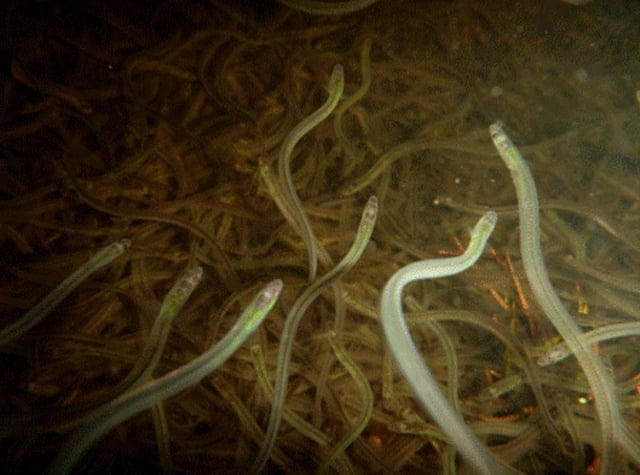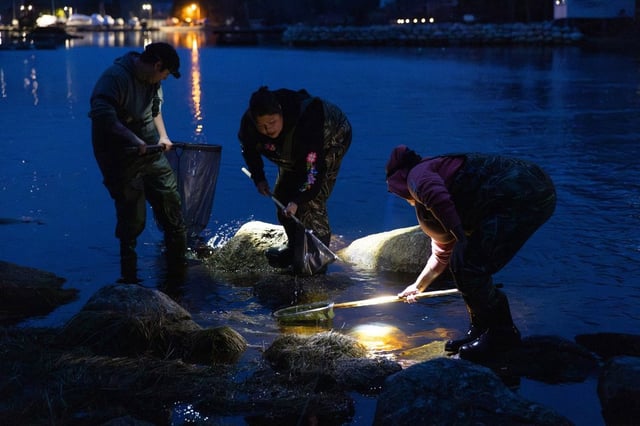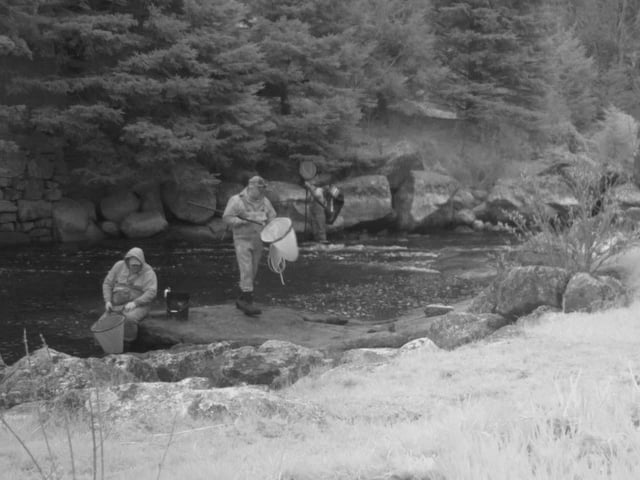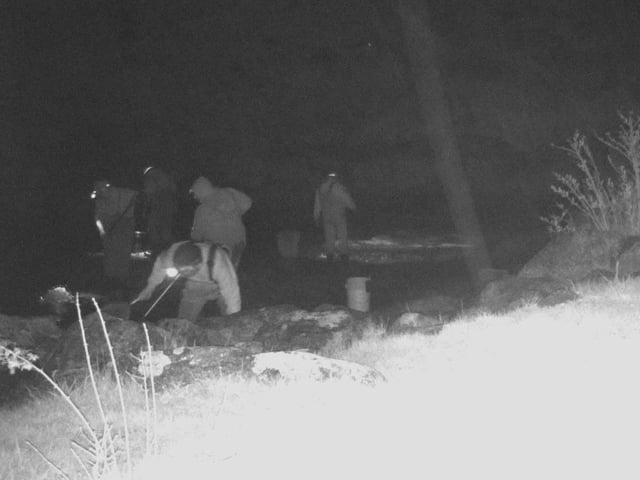Overview
- Stanley King, a licensed baby eel fisher, has submitted videos and images of unlicensed harvesting on the Ingram River to federal authorities but reports no immediate enforcement action.
- King alleges that the total allowable catch for the Ingram River has been exceeded, raising concerns about regulatory compliance and conservation efforts.
- The Department of Fisheries and Oceans (DFO) confirmed the licensed catch limit for the Ingram River has been reached and stated that fishery officers conduct regular patrols but face resource limitations for real-time responses.
- The lucrative elver fishery, with prices reaching $1,500 per kilogram, continues to attract black-market activity despite federal warnings of prosecution for unlicensed fishing.
- The restructured quota system, which allocated half of commercial quotas to Indigenous groups as part of reconciliation efforts, remains a source of tension between commercial and Indigenous fishers.



